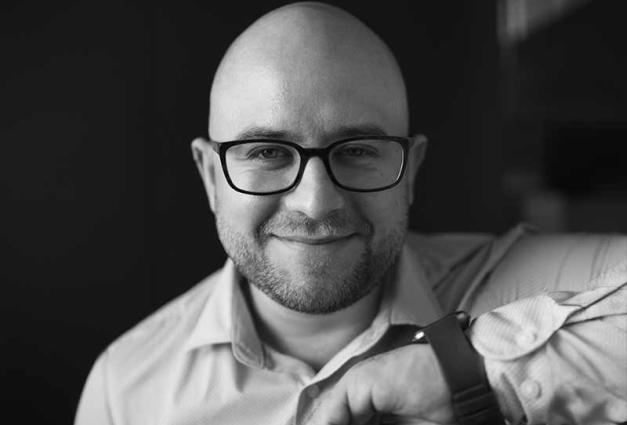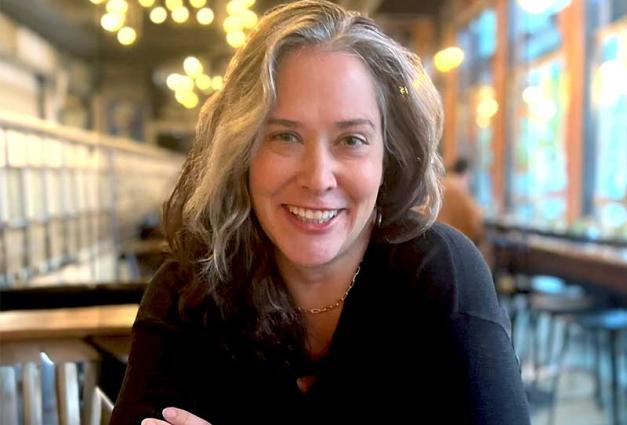Li (Leigh) Chu is a postdoctoral researcher at the Department of Psychology, Stanford University, and a New Map of Life impact fellow at Stanford Center on Longevity. She received her PhD degree in psychology from The Chinese University of Hong Kong. Her research focuses on expansive motivation, such as curiosity and exploration for novelty and new technologies, across the lifespan.
What led you to choose a career in personality and social psychology?
Growing up with many older family members, I have always been interested in how personality and motivation change with age. This curiosity drives me to work in four different laboratories during my undergraduate years and worked as a lab manager before entering graduate school. These experiences have helped me in exploring different ideas and solidifying my research interests. While I was working as a lab manager, I attended a talk on “curiosity”. I was immediately drawn by the concept and identified it as a research gap in aging research. I have been studying curiosity and exploration across the lifespan ever since!
Briefly summarize your current research and any future research interests you plan to pursue
I am most interested in understanding curiosity and explorative tendencies across the life span. People often associate explorative motives with children, but such drive is important in adulthood as well. As gerontechnologies attract more attention, a major concern is whether older adults are motivated to learn to use these novelties. My current work with the Stanford Center on Longevity focuses on enhancing technological adoption in later adulthood. Through better understanding of what older adults actually need technologies to do and how to ignite more curiosity towards novelties for older adults, I believe there will be ways to broaden the types of support that older adults feel comfortable with. In the future, I hope to continue this line of research to better understand how curiosity and explorative tendencies change with age, identify factors that contribute to such changes, examine different outcomes of being more curious and explorative.
Why did you join SPSP?
I wanted to expose myself to different types of social psychology research and explore different psychology communities. I heard many good things about SPSP from colleagues, so here I am!
What is your most memorable SPSP Annual Convention experience?
The 2022 SPSP Annual Convention in San Francisco is my most memorable one—it’s my first in-person conference since the start of the pandemic. The energy in the conference was quite unique: There was a mix of great enthusiasm for new research findings and slight nervousness for social interactions.
Do you have any advice for individuals who wish to pursue a career in personality and social psychology?
One of my mentors once reminded me to “love your problem, not your solution”. I think it is great advice for anyone whose work involves problem-solving. As long as you like the problem and you are working towards it, there is no reason to get stuck to any particular theory, method, or career path.
Outside of psychology, how do you spend your free time?
I love activities that can regulate my emotions—going for a calming walk when I need to cool down after a day of work, watching a sad movie so I can have a good cry on a particularly blue day, and singing and playing guitar loudly to get the excess emotions out of my system.




